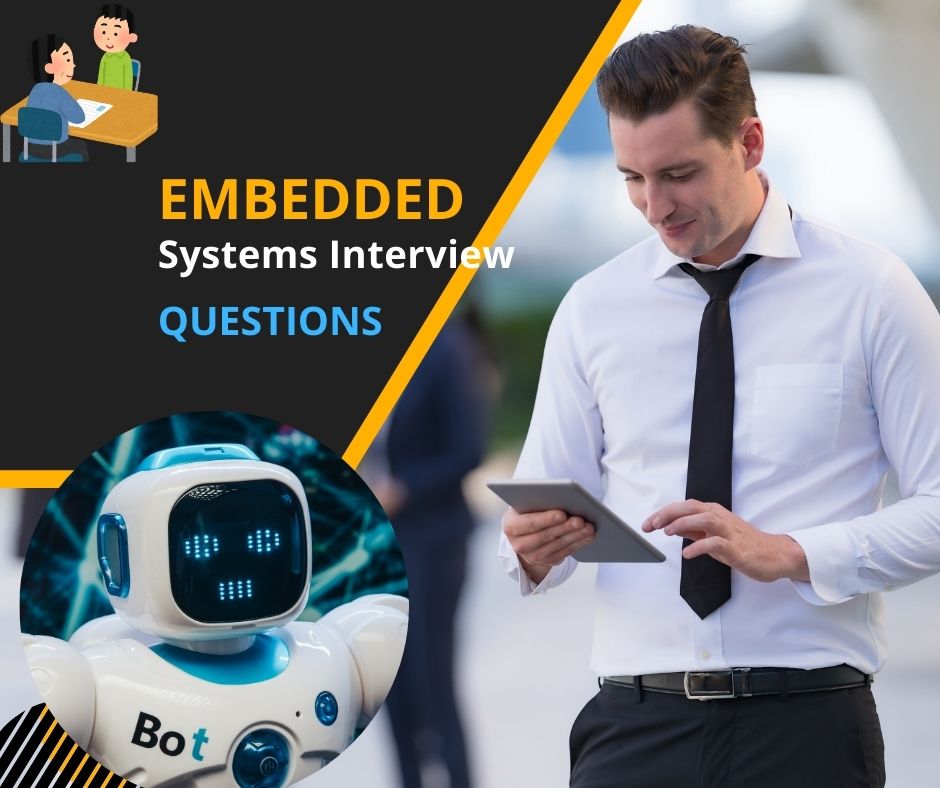Welcome to your Embedded Systems Demystified – Discover the Most Popular Interview Questions
1.
What is the maximum number of nodes that can be connected to a CAN bus?
2.
Which of the following CAN frame types is used for time-critical data?
3.
What is the identifier length in CAN2.0 and CAN FD
4.
Which of the following statements about CAN message prioritization is true?
5.
CAN uses which coding scheme for error detection?
6.
Which of following V ref of ADC can provide better resolution
7.
Which of following is not true in timer operation
8.
Which of the following CAN versions supports Flexible Data-rate (FD)?
9.
Which of the following is the basic functions of a timer
11.
What does a DMA controller do?
12.
Which of the following is a valid reason for a CAN node to go into the "Bus Off" state?
13.
Which of following is try for ADC sampling frequency
15.
Which of the following is not an error detection mechanism used in CAN?
16.
SMT32 device can fetch instruction from
17.
What is return of ISR?
18.
What is byte order in I2C
19.
Which of the following is a characteristic of CAN communication?
20.
What type of bus topology does CAN typically use?
21.
What is the role of a CAN controller?
22.
Which of the following is handshake signal
23.
Which of the following is a standard CAN frame format?
24.
in application programming support
25.
How can stack/heap memory can change
26.
Which of the following CAN frame fields contains the priority of the message?
27.
Maximum switch case allow in MISRA
28.
Which layer of the OSI model does CAN protocol primarily operate on?
29.
MISRA not allow below expression val = fun1() + fun2()
30.
Which register is used to enable LSE clock in STM32
31.
Which CAN frame type allows a node to request data from another node?
32.
Which CAN error occurs when two or more nodes start transmitting at the same time?
33.
What is maximum data length in CAN and CAN FD

